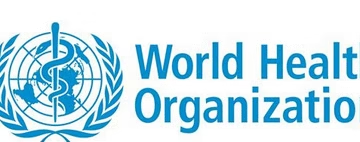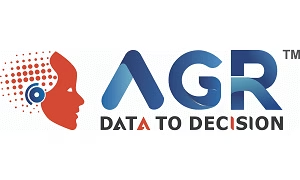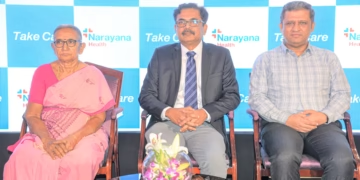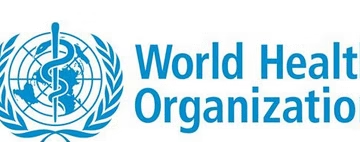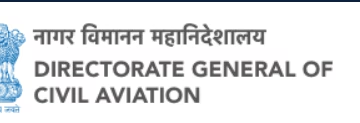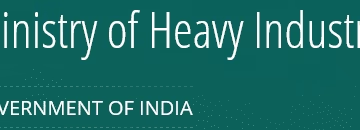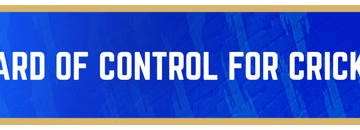Treatment given within the first hour after a heart attack imperative to saving life and avoiding complications
New Delhi, MARCH 2019: Statistics indicate that Indians are succumbing to heart attack about 8 to 10 years earlier than other ethnic groups due to a variety of factors ranging from bad lifestyle to our genes.[1] What exacerbates this situation further is that many of those who suffer a heart attack are brought to the hospital only after 3 hours or even more, which makes it difficult to bring them back to normal health. They thus end up missing the “golden hour” of treatment – that is the first one hour after a heart attack which is ideal in reducing complications and associated mortality.
Many Indians do not identify the symptoms on time or seek appropriate intervention. The Golden Hour is very significant for giving heart attack patients timely and lifesaving care. It is imperative that any chest pain above the waist level is subjected to ECG and consultation by a physician without further delay.
Speaking about this, Dr Rajiv Agarwal, Senior Director & Unit Head – Cardiology, Max Smart Super Specialty Hospital, Saket, New Delhi said, “In the event of a heart attack, time is of utmost essence. Many people tend to ignore a chest pain attributing it to acidity or indigestion. However, any acute chest pain must be immediately checked by a specialist especially in people who are genetically prone to heart problems. This includes an electrocardiogram and rapid blood test to exclude heart muscle damage. At the outset, an accurate diagnosis should also be established on the type of heart attack the patient is suffering from. STEMI or ST elevation myocardial infarction is a bigger risk as it causes full blockage of the coronary artery and the heart muscle supplied by that artery begins to die because of lack of oxygen. This blockage must be removed quickly to prevent any complications, such as heart failure or abnormal heart rhythms called arrhythmias, or they can prove fatal. Non-STEMI, on the other hand, leads to partial blockage, but is also very dangerous requiring immediate admission to ICCU and treatment.”
Some common symptoms of an acute heart attack are severe chest pain with sweating, palpitation and breathing difficulty; feeling of blackout, sinking sensation, and cold extremities; extreme lethargy particularly in diabetes patients; chest pain radiating to either or both arms, jaw, and the back region; and severe vomiting or nausea with abdominal discomfort. Women may experience difficulty in breathing, nausea/vomiting, and back or jaw pain.
Adding further, Dr Agarwal, said, “The intensity of pain should not be the deciding factor. Some heart attacks may be entirely painless and may manifest as sudden burning sensation in chest, breathlessness, dizziness, uneasiness, vomiting or sweating. If a person experiences any unexplained symptoms which could be due to heart attack, the ‘Golden Rule’ is to rush them to a hospital with a Cath Lab within the ‘Golden Hour’. The damage to heart muscle can be minimized if Primary Angioplasty is done immediately – this is the most effective treatment.”
Primary Angioplasty begins with emergency Coronary angiography in which the doctor inserts thin catheters into the groin or wrist artery and generates pictures of the coronary arteries supplying the heart. The blocked artery can then be opened by passing a wire and then a balloon. Medicines can also be injected directly into the blocked vessel. A stent/ wire mesh tube is inserted into the artery to keep it open. Nowadays we use drug-eluting stents (DES) which prevent the arteries from getting blocked again by releasing an anti-proliferative drug. DES can help prevent plaque buildup, promote good blood flow to the heart, and relieve chest pain. They may also lower the person’s chances of having a heart attack. These can also help the person get back to a regular life faster.
Some tips from preventing a heart attack
- Do not ignore unexplained heartburn, pain at unusual sites, persistent vomiting etc. as this may be a heart attack
- If the first ECG and blood test are normal, doctors often ask the patient to wait and repeat the test after 1-3 hours. Failure to do so may put you at risk
- You may take a tab of aspirin at home on suspicion of heart attack even before setting out to hospital for suspected heart attack. This has saved many lives
- Prevention is better than cure. Adopt healthy life style with healthy diet and exercise
- Say no to smoking and tobacco. Control body weight by diet and exercise
- See a doctor for preventive check-up. Check your BP, blood sugar and control them. Take cholesterol lowering medicines if doctor advises them.
NOTE:Disclaimer: “Any and all the Information provided in the article are independent views expressed by Dr Rajiv Agarwal, Senior Director & Unit Head – Cardiology, Max Smart Super Specialty Hospital, Saket for general overview and educational purposes only.”


